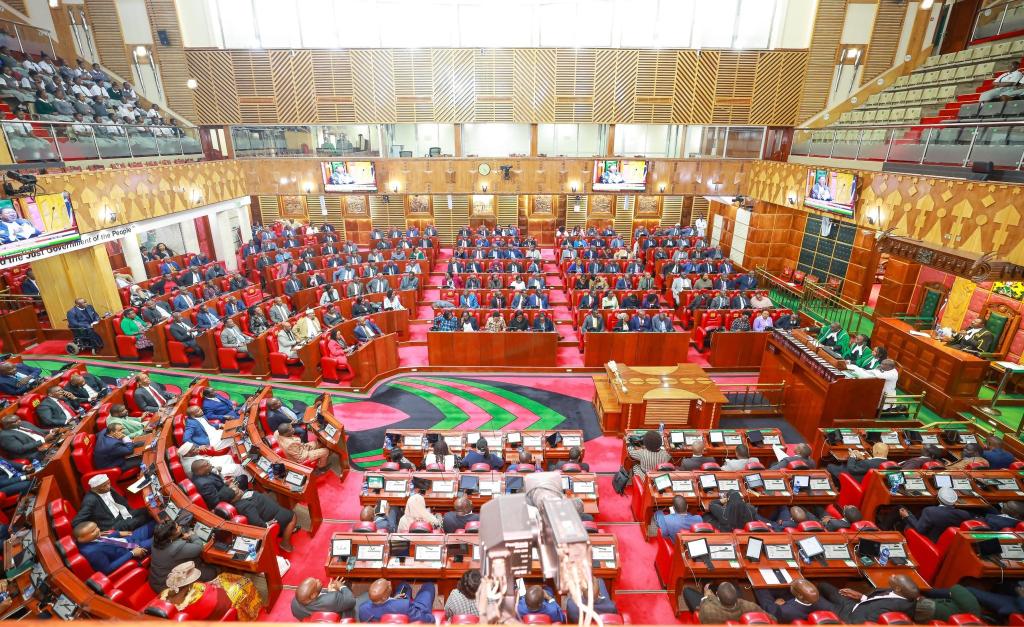MPs on the spot over missing Sh4.1bn bursary funds

According to the report, 125 constituencies claimed to have assisted thousands of students, but have failed to provide proof of these payments.
Billions of shillings disbursed through the National Government Constituency Development Fund (NG-CDF) for bursaries cannot be traced, raising fresh concerns over the management of the kitty that is set to cease operations next year.
Auditor-General Nancy Gathungu’s latest report reveals that at least Sh4.1 billion reported as bursary payments during the year ending June 2024 is missing from official records.
According to the report, 125 constituencies claimed to have assisted thousands of students, but have failed to provide proof of these payments.
Out of these, 86 constituencies could not produce supporting documents for disbursements totalling Sh2.12 billion, including receipts from learning institutions, student admission numbers, and signed acknowledgements from beneficiaries.
“Eighty-six NG-CDF (offices) failed to provide supporting documents for bursary disbursements, including acknowledgements, receipts from beneficiary institutions, and details of students’ admission numbers, amounting to Sh2,122,652,960,” Gathungu said.
The audit also shows that 39 other constituencies could not account for Sh1.97 billion. They failed to provide documentation on how bursary applications were vetted, such as committee minutes, evaluation reports, or policies guiding the awards.
“Bursary disbursements amounting to Sh1,971,099,695 in respect to 39 NGCDFs were not supported with documentation on vetting of applications, including bursary vetting committee minutes/reports and policy and/or guidelines on bursary awards, leading to potential bias and exclusion of deserving students,” Gathungu stated.
The findings come as a blow to MPs who have long defended the NG-CDF as a vital tool for supporting education for needy students.
The kitty, introduced in 2003 under President Mwai Kibaki, has funded the construction of classrooms, police stations, and bursary programmes across the country. However, it is set to be phased out by June 30, 2026, following a High Court ruling that declared it unconstitutional.
“The NG-CDF and all its programmes, projects and activities shall cease to operate at the stroke of midnight on June 30, 2026,” the High Court ruled in September last year.
Despite the court’s decision, MPs are pushing to introduce a new fund to retain control of constituency allocations.
In March, Otiende Amollo (Rarieda) and Samuel Chepkong’a (Ainabkoi) sponsored a bill seeking to amend the Constitution to establish the National Government Constituencies Fund (NGCF) and entrench it, alongside the Senate Oversight Fund (SOF) and the National Government Affirmative Action Fund (Ngaaf), in law.
“The principal object of this bill is to amend the constitution to entrench Ngaaf, SOF and NGCF in the constitution,” the bill states.
The Auditor-General’s report shows that all 290 constituencies spent a total of Sh17.45 billion on bursaries during the year.
This included Sh11.35 billion for secondary school students, Sh5.78 billion for those in tertiary institutions, Sh207.6 million for special schools, and Sh110.5 million for primary schools.
